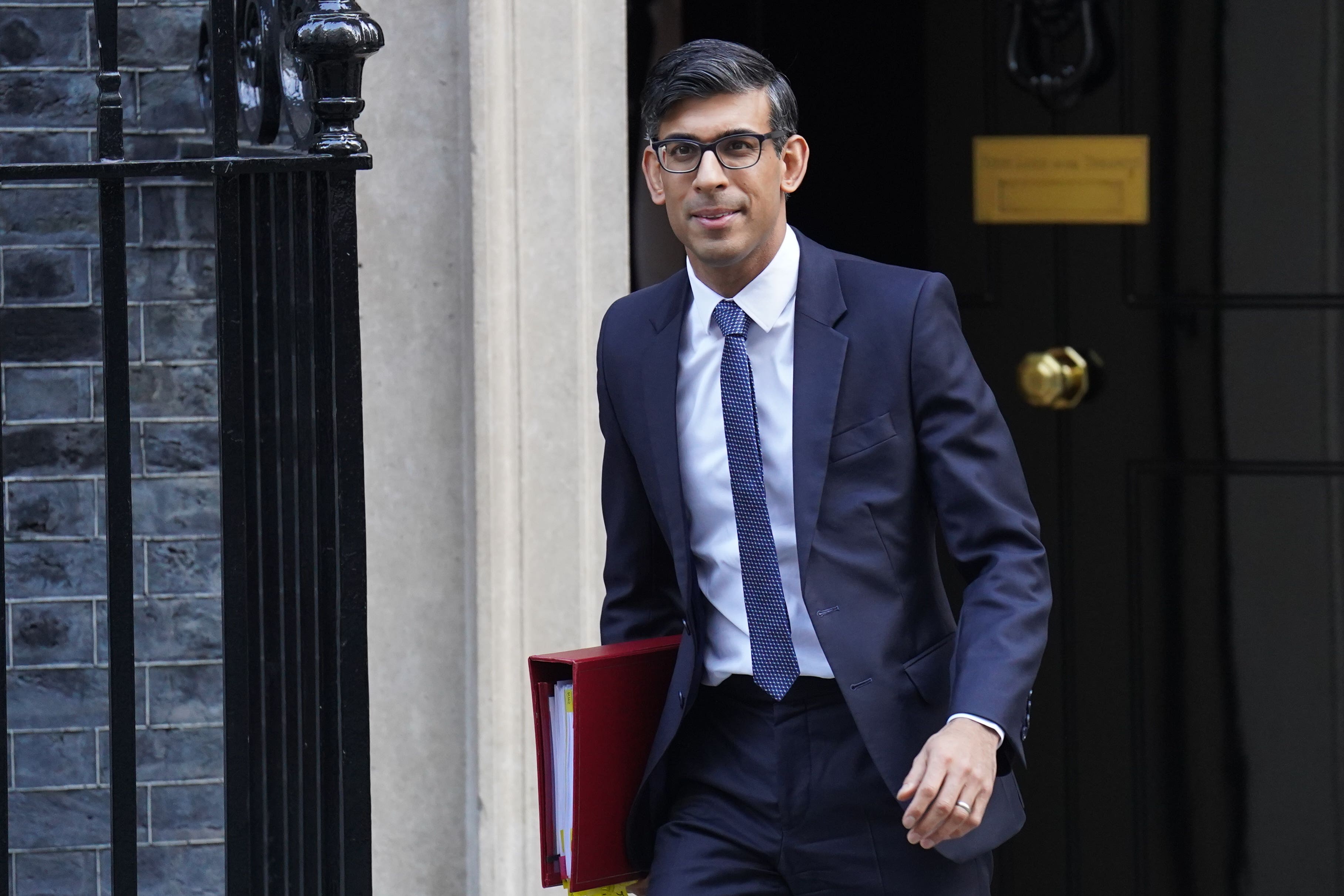Brexit: UK and EU ‘strike customs deal’ in protocol breakthrough
Brussels also said to have made concessions of role of European Court
Your support helps us to tell the story
From reproductive rights to climate change to Big Tech, The Independent is on the ground when the story is developing. Whether it's investigating the financials of Elon Musk's pro-Trump PAC or producing our latest documentary, 'The A Word', which shines a light on the American women fighting for reproductive rights, we know how important it is to parse out the facts from the messaging.
At such a critical moment in US history, we need reporters on the ground. Your donation allows us to keep sending journalists to speak to both sides of the story.
The Independent is trusted by Americans across the entire political spectrum. And unlike many other quality news outlets, we choose not to lock Americans out of our reporting and analysis with paywalls. We believe quality journalism should be available to everyone, paid for by those who can afford it.
Your support makes all the difference.The UK and EU have reached an agreement on customs in hopes the two sides are close to ending the post-Brexit dispute over Northern Ireland Protocol, it has been reported.
Brussels is said to have accepted a British plan that would avoid routine checks on goods moving from Great Britain into Northern Ireland in a major breakthrough in the ongoing row.
The agreement is based on proposals for green and red lanes which would see goods flowing unimpeded from GB to NI, while goods set for export into the Republic of Ireland would see checks in Northern Irish ports, according to The Times.
Citing government sources, the newspaper also reported that Brussels has made concessions of the jurisdiction of the European Court of Justice (ECJ), a key sticking point in UK-EU talks.
For the first time, it recognised that the ECJ could rule on Northern Ireland issues only if a case was referred on by courts there.
However, a Foreign, Commonwealth and Development Office (FCDO) source indicated that the claim a deal had been struck did not reflect the reality of the current state of the talks.
The FCDO suggested the newspaper’s report was speculative, saying officials were still engaged in “intensive scoping talks” with Brussels and declining to pre-empt the discussions.
The Times reported that while the customs element was apparently “finalised”, the role of the ECJ and details of the veterinary arrangements were not.
A separate agreement would still have to be negotiated on exports of meat and live animals to Northern Ireland, with the UK reportedly willing to agree to maintain EU veterinary standards on goods destined for the province.
In response, the FCDO said: “Any solution on the Protocol must address the range of issues on the ground in Northern Ireland. We are currently engaging in intensive scoping talks with the EU to find solutions to these problems.”
Rishi Sunak’s spokesman also suggested no deal had been struck and that both sides were still engaged in “intensive scoping” was under way.
Many unionists in Northern Ireland are vehemently opposed to arrangements they claim have weakened the region’s place within the union.
While there is hope a deal can seven tests for the ending of protocol checks laid down by the DUP, there are fears there is no compromise the unionist party and hardline Brexiteers in the Tory party will accept.
Former Tory leader William Hague had warned hardline Brexiteers they should be “ready to back a deal” with the EU over the protocol “rather than “insisting on a perfect outcome”.

The protocol was agreed by the UK and EU in 2019 as a way to unlock the logjam over securing a Brexit withdrawal agreement. It moved regulatory and customs checks on goods to the Irish Sea, creating economic barriers on trade between Northern Ireland and the rest of the UK.
Labour MP Hilary Benn, co-convenor of the UK Trade and Business Commission, said the latest reports “suggest that both the EU and the UK are showing the flexibility needed in the interests of getting a deal”.
He said a resolution to the ongoing dispute was “desperately needed because it has caused critical uncertainty for people, businesses and politics in Northern Ireland and has damaged trust between the UK and the EU”.
Both sides are keen to reach an agreement to break the logjam over the contentious trading arrangements before April’s landmark 25th anniversary of Northern Ireland’s historic Good Friday peace agreement.
Irish premier Leo Varadkar said on Wednesday that negotiators have been in constructive talks, but no deal has been reached on post-Brexit trade rules. “I can confirm that, notwithstanding newspaper reports, no deal has yet been done between the EU and the UK,” he said.
Meanwhile, Brussels’ former chief Brexit negotiator Michel Barnier said door “remains open” for Britain to rejoin the EU at any time.
Speaking in London, Mr Barnier said he would like the two sides to work together urgently to build a new partnership – including an agreement on defence and security co-operation.
“It will be your choice and your sovereign choice, exactly as Brexit has been the choice of the UK people. The door on the EU side will remain open any time – for you and some others,” he said.




Join our commenting forum
Join thought-provoking conversations, follow other Independent readers and see their replies
Comments